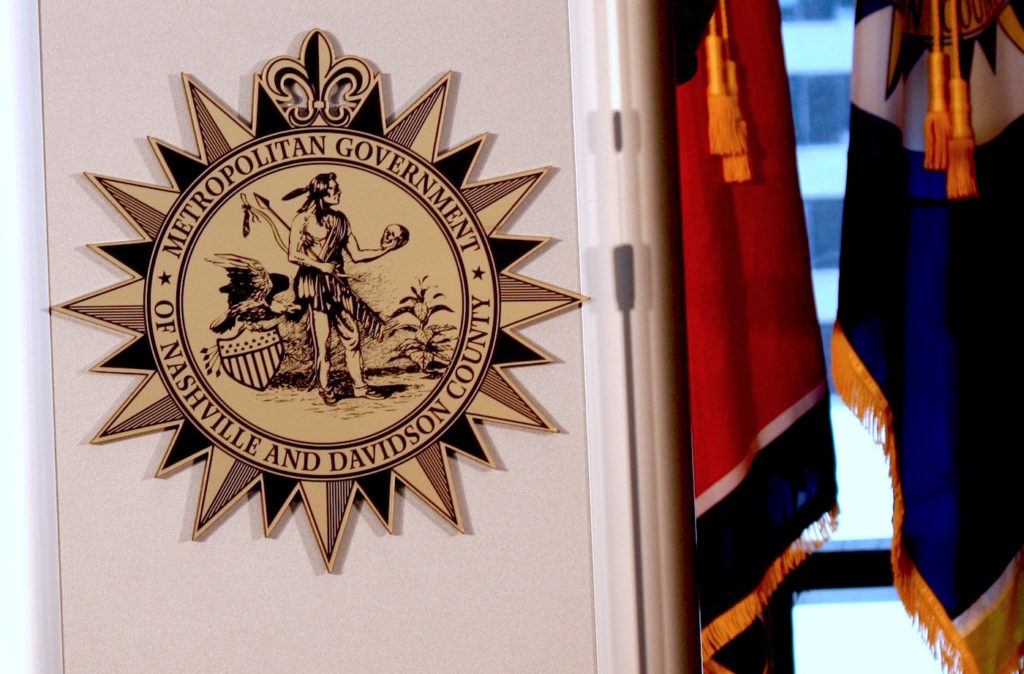
Some highly unpopular cuts could be on the horizon for the Metro government, as a letter from the finance director says the city is examining a potential funding hole of $41 million.
At issue are two chunks of money that Metro officials thought they'd receive that now look shaky: The city may not get approval to sell control of street parking or the downtown energy system.
These aren't new revelations. But the state of Tennessee recently asked Metro to explain how it will balance its budget without that money.
So in a letter sent Friday, Metro Finance Director Talia Lomax O'dneal wrote that the options are to dip into savings, to raise money elsewhere — like through higher fees — or to make even deeper cuts to city departments.
She notes the city can adapt quickly to changing finances, "as it has successfully done in recent years," and that incoming Mayor John Cooper will have to decide what path to take.
Yet prior off-the-cuff comments from the finance director offered a more challenging assessment. At
a council meeting in June, she said that filling a $30 million budget hole would require a "heavy lift."
Reluctantly, she suggested the city could end its contributions to nonprofits or reduce the Barnes Affordable Housing Trust Fund.
In that moment, Councilman Bob Mendes noted those two steps would amount to about $13 million in savings.
"Anything else come to mind?" he asked.
"No," she replied amid pauses. "There are operational efficiencies to be gained in this government … I'll say frankly those would be difficult choices that will have to be made. But those options, we could come up with the amount if we had to."
https://youtu.be/C4dNgP5ZmOc?t=5296
So far, no Metro official —
nor the Blue Ribbon Commission, a savings task force — has been able to suggest savings at the amount the city could need.
Parking And Energy Updates
The recent letter summarizes where Metro stands on the sale of its parking meter control and the District Energy System.
The $30 million parking deal is hung up in the court system. One company that bid on the right to manage street parking has sued in protest over how the initial contract was awarded and a ruling has not yet been made.
Even a Metro win in court would likely be moot, since the parking proposal faces strong opposition from Cooper and multiple council members, who do have approval power over the contract.
The sale of the District Energy System, valued at $60 million total, has also been slowed by an appeal of the procuement decision. In that case, one company that wants to run the system is awaiting its hearing.
Much of that sale would go toward paying off debt, netting Metro $11.5 million.


